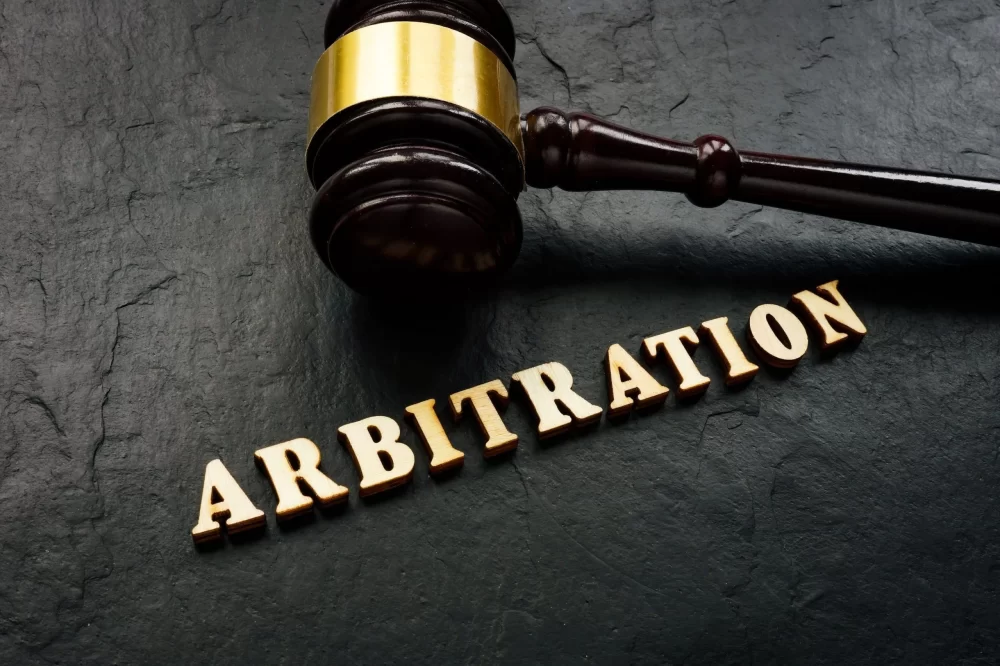- Understanding-Civil-Law-in-Debt-Resolution
- Mechanisms-of-Resolving-Debt-Disputes-via-Civil-Law
- Practical-Steps-for-Using-Civil-Law-to-Handle-Debt-Disputes
- Case-Study-Real-World-Examples-of-Debt-Resolution
- Why-Seek-Professional-Help-for-Debt-Disputes
Understanding Civil Law in Debt Resolution
Civil law provides a structured legal framework that individuals and businesses can utilize to resolve debt disputes effectively. Unlike criminal law, which deals with offenses against the state, civil law governs private disputes—such as conflicts arising over unpaid debts or contractual obligations. Understanding how civil law applies to debt disputes is essential for anyone looking to protect their financial interests or recover money owed.
At its core, civil law involves the enforcement of rights and obligations that parties owe to each other. When someone fails to repay a debt, the creditor can invoke civil law to seek repayment through negotiation, mediation, or formal litigation. This system offers multiple avenues, from informal agreements to court judgments, making it a versatile tool for resolving debt conflicts.
The Role of Contracts and Legal Agreements
One fundamental aspect in resolving debt disputes through civil law is the contract between the debtor and creditor. Clear, written agreements outlining payment terms, interest, and penalties form the backbone of enforceable debt claims. When disputes arise, these contracts help courts determine the validity and scope of the debt, providing a strong legal basis for resolution.
Mechanisms of Resolving Debt Disputes via Civil Law
Civil law offers several mechanisms to handle debt disputes. Each method has distinct advantages depending on the complexity and context of the dispute. Here’s a detailed look at the primary routes:
1. Negotiation and Mediation
Before escalating to court proceedings, parties often attempt to negotiate a settlement. Mediation, a voluntary process involving a neutral third party, helps both sides reach a mutually agreeable solution without the time and cost associated with litigation. Civil law frameworks usually encourage such alternatives to ease judicial burdens and foster cooperative resolution.
2. Civil Litigation
When informal measures fail, creditors can file a lawsuit to claim the debt. Civil litigation involves presenting evidence and arguments before a judge, who then issues a binding judgment. This judgment can compel the debtor to repay the debt or face enforcement actions such as wage garnishment or asset seizure.
3. Debt Enforcement Procedures
Following a favorable judgment, creditors may need to use enforcement mechanisms to collect the owed amount. Civil law provides tools like attachment of bank accounts, liens on property, or seizure of assets to ensure compliance. These procedures reinforce the effectiveness of debt recovery in the legal system.
Practical Steps for Using Civil Law to Handle Debt Disputes
Effectively resolving a debt dispute using civil law requires a systematic approach. Below is a layered guide that breaks down the key steps:
Step 1: Documentation and Verification
Gather all relevant documents—loan agreements, invoices, payment records, and correspondence. Accurate documentation strengthens your case and expedites resolution. Without solid proof, legal action may stall or fail.
Step 2: Attempt Amicable Resolution
Reach out to the debtor to discuss the issue. Propose payment plans or renegotiation if possible. This step can save time, costs, and preserve business relationships.
Step 3: Seek Legal Advice
Engage a qualified lawyer who specializes in debt disputes under civil law. Their expertise can clarify your rights, identify the best course of action, and prepare necessary legal documents.
Step 4: Initiate Legal Action if Necessary
If negotiations fail, proceed to file a claim in civil court. Ensure compliance with procedural rules and deadlines to avoid dismissal.
Step 5: Enforcement of Judgments
Once a court judgment is secured, employ enforcement methods to collect the debt. Legal professionals can assist with navigating this complex stage.
Case Study: Real-World Examples of Debt Resolution
Consider the case of a small business owner who loaned a significant sum to a supplier who then defaulted on payments. Initially, the owner attempted informal negotiations, but when the supplier stopped responding, they sought help under civil law. With the assistance of a legal expert, the owner filed a lawsuit, presenting clear contractual evidence and payment records. The court ruled in favor of the owner, awarding the owed amount plus legal fees. The judgment was then enforced through asset seizure, leading to full debt recovery.
This case highlights the power of civil law in protecting creditors and ensuring fair outcomes. It also illustrates the importance of professional legal assistance to navigate the complexities of the system.
Why Seek Professional Help for Debt Disputes
Debt disputes can be stressful and legally intricate. Turning to professionals such as Fred Miller Lawyer can provide you with tailored advice and effective strategies that align with your unique situation. Legal experts understand the nuances of civil law, from drafting precise contracts to representing you in court and ensuring enforcement of judgments.
Moreover, professional lawyers keep up-to-date with changes in legislation and judicial precedents, giving you an advantage in resolving disputes efficiently and successfully. Whether you are a creditor seeking recovery or a debtor aiming for a fair settlement, consulting with trusted legal professionals maximizes your chances of a favorable resolution.
In summary, civil law is a robust and practical framework for resolving debt disputes. By understanding its mechanisms, preparing thoroughly, and leveraging professional legal support, you can navigate debt conflicts with confidence and achieve meaningful results. For reliable assistance and expert guidance, consider reaching out to Fred Miller Lawyer to explore the best solutions for your debt-related challenges.


 letnick law firm plc
letnick law firm plc carl spector attorney
carl spector attorney myers brier and kelly
myers brier and kelly mercaldo law
mercaldo law bright law pllc
bright law pllc linda kerns law
linda kerns law